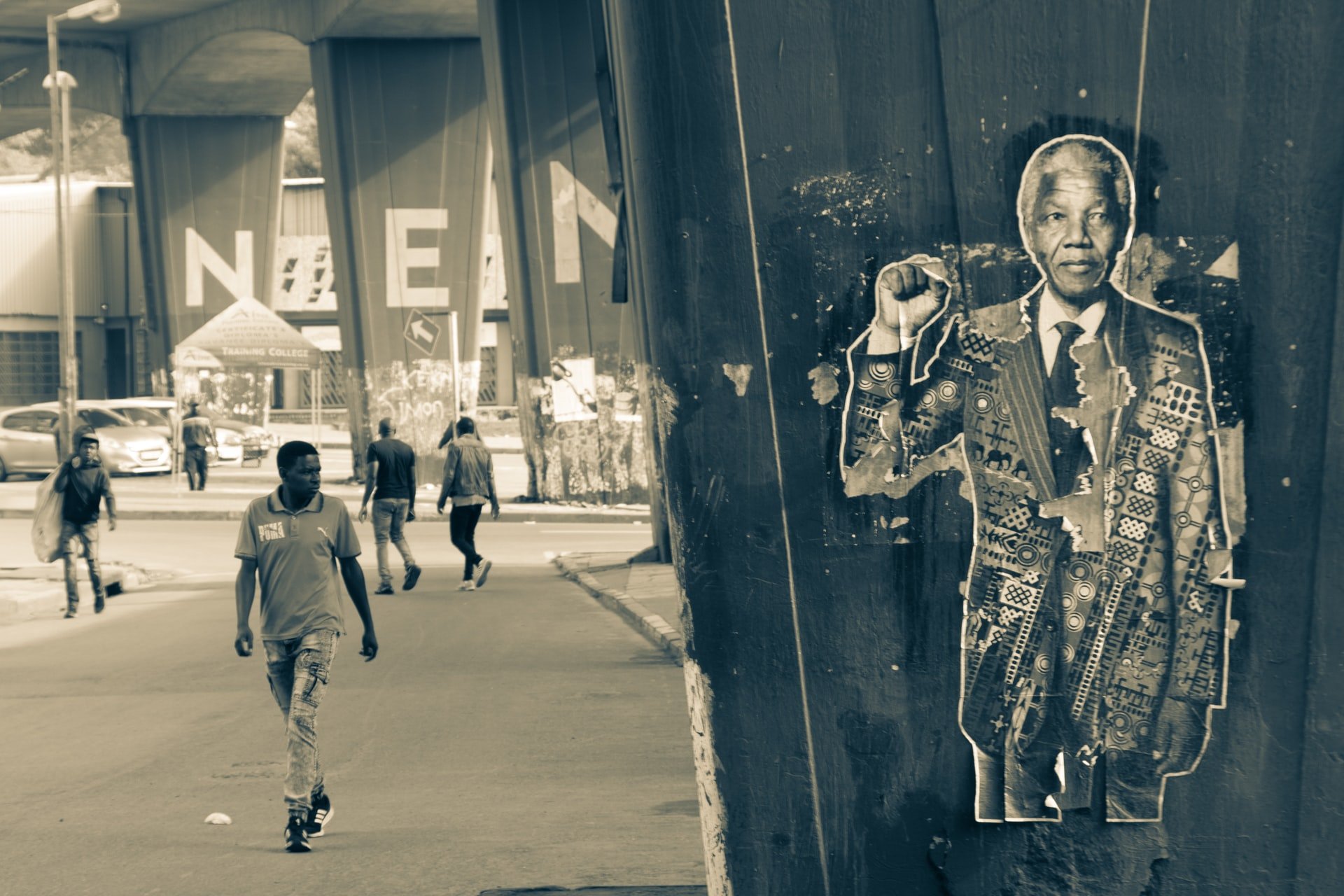
Leadership and culture change the Mandela way
Nelson Mandela will be remembered as a revolutionary, politician, and philanthropist. Yet his global legacy transcends the monumental achievement of freeing South Africa from the tyranny of apartheid. Above all else, he was an effective leader who strived for the best in human nature.
So what can we learn from the example set by the late Nelson Mandela about the characteristics of great leadership and what it takes to effect change at both cultural and behavioural level?
Mandela left behind rich tapestry of events and quotes for us to contemplate. Here we handpick a small selection and spot lessons that leaders like you can apply in your daily struggles to keep people happy, productive and safe at work.

Commit to a cause
Through strong leadership Mandela united a disparate nation with a shared belief in the right to life without oppression and suffering. This is a value that people understand universally, for its simplicity and consistency in every aspect of life.
This is also true of having a core value underpinning your cultural safety programme: people have the right to work safely and return home unharmed to enjoy the fullness of life. In practical terms for safety leaders, this means encouraging a shared mindset in your staff that no one should get hurt.
Make your values and beliefs central to daily working life and reinforce that message at every available opportunity, from shift briefings to one-to-one safety discussions on the shop floor. As a leader you must set an example by living those values when you are seen or spoken to.
Mandela was anything but dictatorial in his commitment and leadership style, being patient, communicative and engaging in how he reinforced his consistent message. He knew that leadership requires continual dialogue, involvement and patience:
“A leader who relies on authority to solve problems is bound to come to grief.”
Unite disparate groups
Upon release from prison, when asked how he hoped to reach consensus between political groups with vastly divergent ideologies, a task not just overwhelming but virtually impossible in a climate of segregation and tension, Mandela famously said:
“We are ready for honourable compromises without surrendering our principles.”
In today’s testing economic climate, every organisational leader experiences pressure from many sources, each with their own agenda – be they financial, political or competitive. Yet this in itself is evidence that there are many ways to achieve the common goal of mutually beneficial success.
Compromise in this respect means brokering arrangements that are fair for all, but all aligned to the same clear principles: that staff should be happy, safe and productive.
This calls for compromise like Steve notes in his article. For example, in designing ways of working that are more efficient at meeting targets, yet built in collaboration with your staff so they not only remain safe but feel involved too.
Be brave
“I have discovered that after climbing a great hill that one only finds that there are many more hills to climb.”
Mandela was renowned for his realism about the challenge South Africa faced. But his boldness and strength in the face of adversity is what gave great comfort to his people.
When you are honest about the challenges you face improving safety, either in the aftermath of an incident or against the backdrop of economic uncertainty – people respect and trust you to lead them to better times. Because the best way to handle grave situations is to calmly accept reality and engage with people about it.
Mandela’s life is littered with examples of how he listened to other people’s concerns and opinions and acknowledged how they felt. This engagement with your staff is important because it helps them feel involved and reassures them that you care.
“We have not taken the final step of our journey, but the first step on a longer and even more difficult road.”
Possibly Mandela’s greatest achievement was helping people to lift themselves out of a complex and daunting situation through communication and cooperation. A fundamental shift in attitudes, values and beliefs takes a long time to affect the majority. But setting realistic expectations and preparing people for an incremental process of improvement and growth is the most effective way to motivate your staff towards a safer, happier and zero-incident future.
“It always seems impossible until it’s done.”
Nelson Mandela, 1918-2013



